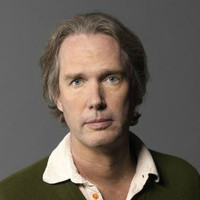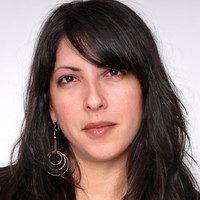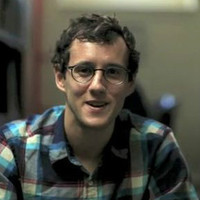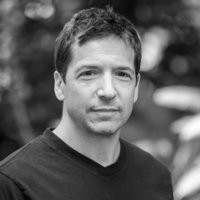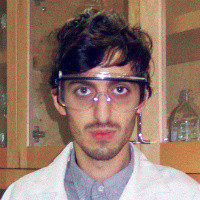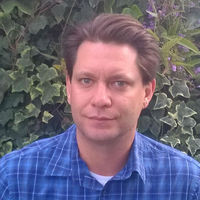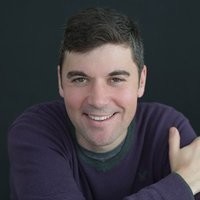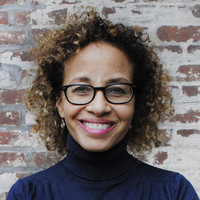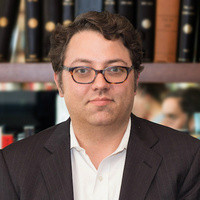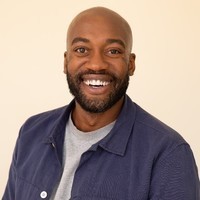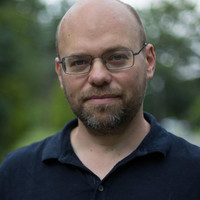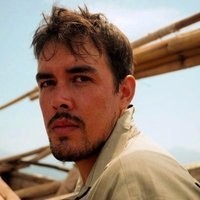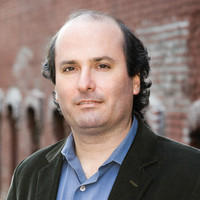Mary Roach is the author of seven nonfiction books, including her latest, Fuzz: When Nature Breaks the Law.
"In these realms of the taboo, there's a tremendous amount of material that is really interesting, but that people have stayed away from. ... I'm kind of a bottom feeder. It's down there on the bottom where people don't want to go. But if that's what it takes to find interesting, new material, I'm fine with it. I don't care. I'm not easily grossed out. I don't feel that there's any reason why we shouldn't look at this. And over time, I started to feel that ... the taboo was preventing people from having conversations that it would be healthy to have."

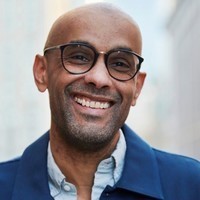

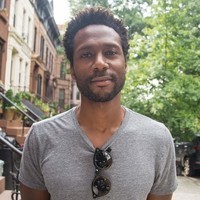
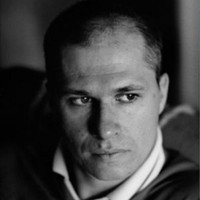
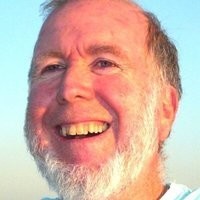

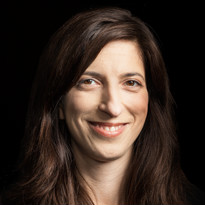 Pamela Colloff is an executive editor and staff writer at Texas Monthly.
Pamela Colloff is an executive editor and staff writer at Texas Monthly.
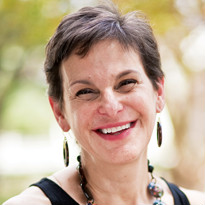 Mimi Swartz has written for Talk, The New Yorker and Vogue. She is an executive editor at Texas Monthly.
Mimi Swartz has written for Talk, The New Yorker and Vogue. She is an executive editor at Texas Monthly.
